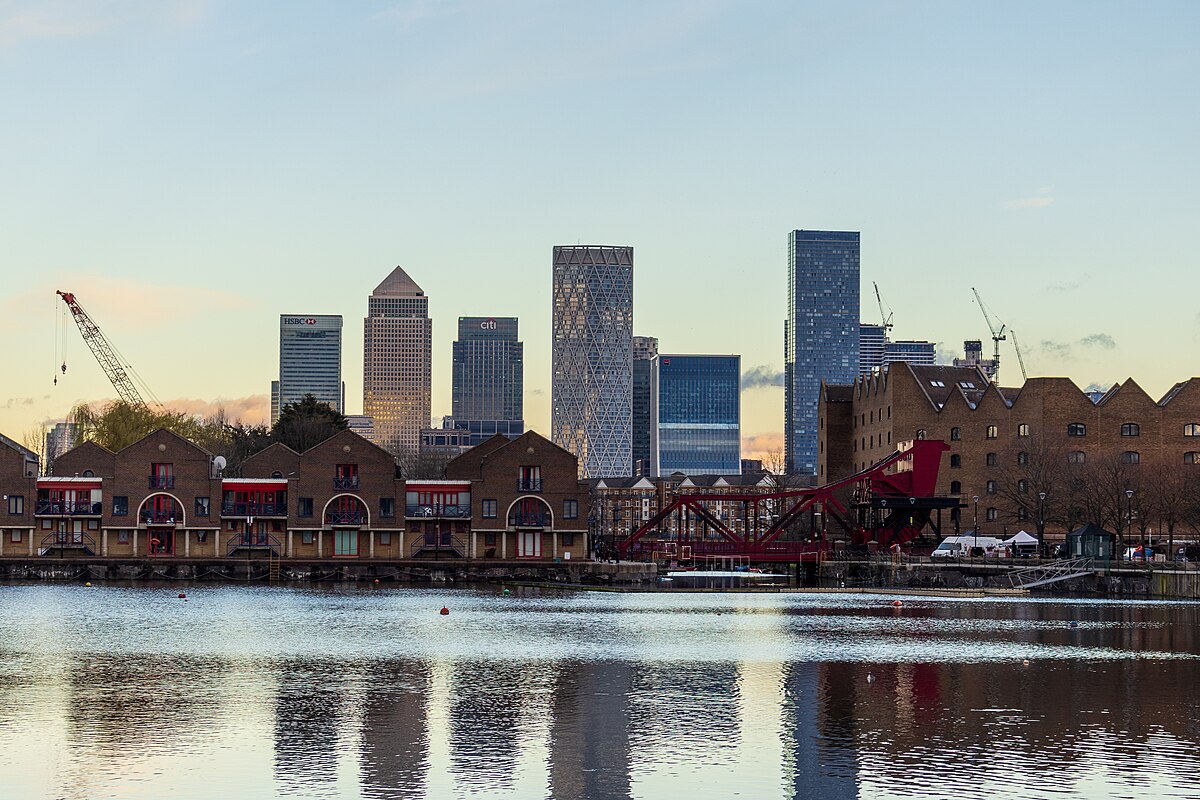London, the capital of the United Kingdom, is a city that resonates with dynamic economic activities and robust growth. As an epicenter for finance, culture, and politics, the economic landscape of London is multifaceted and vibrant. In this detailed examination, we explore the various elements that contribute to the ‘London economic’ success story, highlighting its key industries, challenges, and the future outlook.
The Pillars of London’s Economic Strength
Finance and Banking: The Heartbeat of London Economic
London’s economy is heavily anchored in the finance sector, which is not only a major employer in the city but also a pivotal component of its economic framework. The City of London, often referred to as the Square Mile, is home to the Bank of England, London Stock Exchange, and over 250 foreign banks. This concentration of financial institutions has branded London as one of the global capitals of banking and finance.
Technology and Innovation: Fueling Economic Growth
In recent years, there has been a significant shift in the ‘London economic’ structure with technology emerging as a key driver of growth. Silicon Roundabout, the tech hub at Old Street, is a testament to London’s burgeoning tech scene. Start-ups and global tech giants alike are flocking to London, attracted by its robust infrastructure, diverse talent pool, and supportive government policies. The city’s commitment to fostering innovation is evident in its investment in tech acceleratives and innovation centers.
Tourism: A Vital Component of London’s Economy
Tourism remains a vital economic pillar, with London consistently ranking as one of the most visited cities in the world. Attractions such as the British Museum, Tower of London, and Buckingham Palace draw millions of visitors each year. The tourism sector supports thousands of jobs and contributes substantially to the overall ‘London economic’ health through hospitality, entertainment, and retail.
Addressing the Challenges Facing London’s Economy

Despite its economic prowess, London faces several challenges that could impact its future growth. The cost of living in London is one of the highest in the world, which can deter talent from moving to the city. Housing affordability is a significant issue, with property prices outpacing income growth for many residents.
Furthermore, the ramifications of Brexit continue to unfold, with potential impacts on trade, investment, and access to the European market. Financial institutions, in particular, are cautious about the regulatory changes and the possibility of reduced market access.
London’s Economic Policies and Initiatives
To sustain and enhance the ‘London economic’ landscape, several policies and initiatives have been implemented. The Mayor of London’s office has been proactive in promoting economic development through various programs aimed at supporting small businesses, enhancing skills training, and encouraging innovation.
Infrastructure development is another critical area of focus. Projects like the Crossrail (Elizabeth line), expansion of Heathrow Airport, and improvements in public transportation are expected to bolster economic growth by enhancing connectivity and accessibility.
The Future Outlook of the London Economic
Looking forward, the ‘London economic’ scene is poised for transformation. The commitment to sustainability and green technologies is driving new industries and opportunities. London aims to be a zero-carbon city by 2050, which has spurred investments in green energy, waste management, and sustainable construction.
Moreover, the shift towards remote work, accelerated by the COVID-19 pandemic, has prompted a reevaluation of workspace needs and commercial real estate. This change offers both challenges and opportunities for the London economy.

Conclusion: A Resilient and Evolving Economic Landscape
In conclusion, the ‘London economic’ fabric is one of resilience and continual adaptation. Faced with global challenges and internal pressures, London has consistently demonstrated its ability to evolve and thrive. The city’s diverse economic base, coupled with strategic initiatives aimed at fostering growth and sustainability, ensures that London remains a leading global economic powerhouse. As it navigates the complexities of the post-Brexit era and the global pandemic’s aftermath, London’s economy is not just surviving; it is set to emerge stronger, proving its mettle as a resilient and dynamic economic hub


